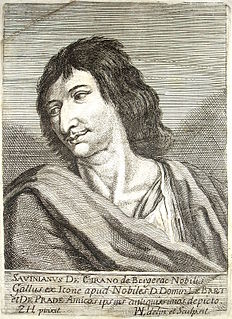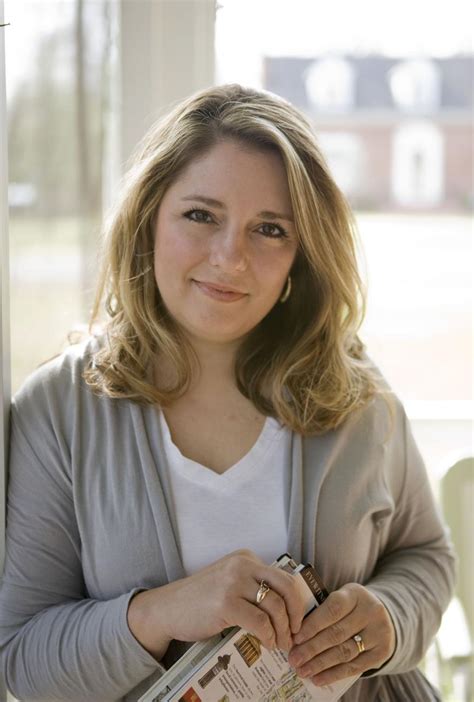A Quote by Chirlane McCray
Telling my story has not been easy for me. I've had to dredge up memories I would have rather forgotten. The lonely, anxiety-ridden months I avoided others, attempting to hide from interrogations about my social life.
Related Quotes
Peter was not with them for the moment, and they felt rather lonely up there by themselves. He could go so much faster than they that he would suddenly shoot out of sight, to have some adventure in which they had no share. He would come down laughing over something fearfully funny he had been saying to a star, but he had already forgotten what it was, or he would come up with mermaid scales still sticking to him, and yet not be able to to say for certain what had been happening. It was really rather irritating to children who had never seen a mermaid.
This is our story to tell. You’d think for all the reading I do, I would have thought about this before, but I haven’t. I’ve never once thought about the interpretative, the story telling aspect of life, of my life. I always felt like I was in a story, yes, but not like I was the author of it, or like I had any say in its telling whatsoever.
There are always so many things happening [to us] at one time. We read Isherwood's A Single Man in class, and we had to ask: How is he talking about all this stuff: teaching, being lonely, all his memories, all at the same time? He's telling us: This is where my head is at, let me be straightforward. And of course, try be artful about it.
The rewrites are a struggle right now. Sometimes I wish writing a book could just be easy for me at last. But when I think about it practically, I am glad it's a struggle. I am (as usual) attempting to write a book that's too hard for me. I'm telling a story I'm not smart enough to tell. The risk of failure is huge. But I prefer it this way. I'm forced to learn, forced to smarten myself up, forced to wrestle. And if it works, then I'll have written something that is better than I am.
I would've written this story [Django] if [Barack] Obama were president or if he never existed. For one, I think it's time to tell a story that deals with this subject America has avoided for so long. Most countries have been forced to deal with the atrocities of their past that still affect them to this day. But America has been pretty slippery in the way that it has avoided looking slavery in the eye. I believe that's a problem.
Too many things have changed. Too much time has passed. I'm different now, a man with a pocketful of unconnected but terribly vivid memories. I was looking to dredge up what I'd long forgotten. Most of all, I am wishing for something to fasten all these gems, maybe something to hold them in a continuity that I can comprehend.
One of the things that I share with Bryan Becket is this hole in my childhood memory. There's about five years of my life that's virtually gone. I've thought about it a lot, and I've come to the conclusion that it might be for my own protection that those memories are gone, and maybe I don't want to dredge up those things.
It took me some years to clear my head of what Paris wanted me to admire about it, and to notice what I preferred instead. Not power-ridden monuments, but individual buildings which tell a quieter story: the artist's studio, or the Belle Epoque house built by a forgotten financier for a just-remembered courtesan.
When I was thinking about all the things that the world had forgotten, it made me think about people who have actually really forgotten everything, and how much of our identity is wrapped up in those memories, and how much of our experience makes us who we are, and remembering those experiences makes us who we are.
I still have a suspicion of charity and think the state has a role to play in many areas. And although for most of the years since I have been a rather privileged writer, I identify more closely than perhaps I should with those social workers. Had I not become a writer that would have been me. Lots of our friends are still in that world and I do feel part of that generation of people who were rather idealistic in the 70s and became disillusioned in the 80s. Not just about social services issues, but the world.






































